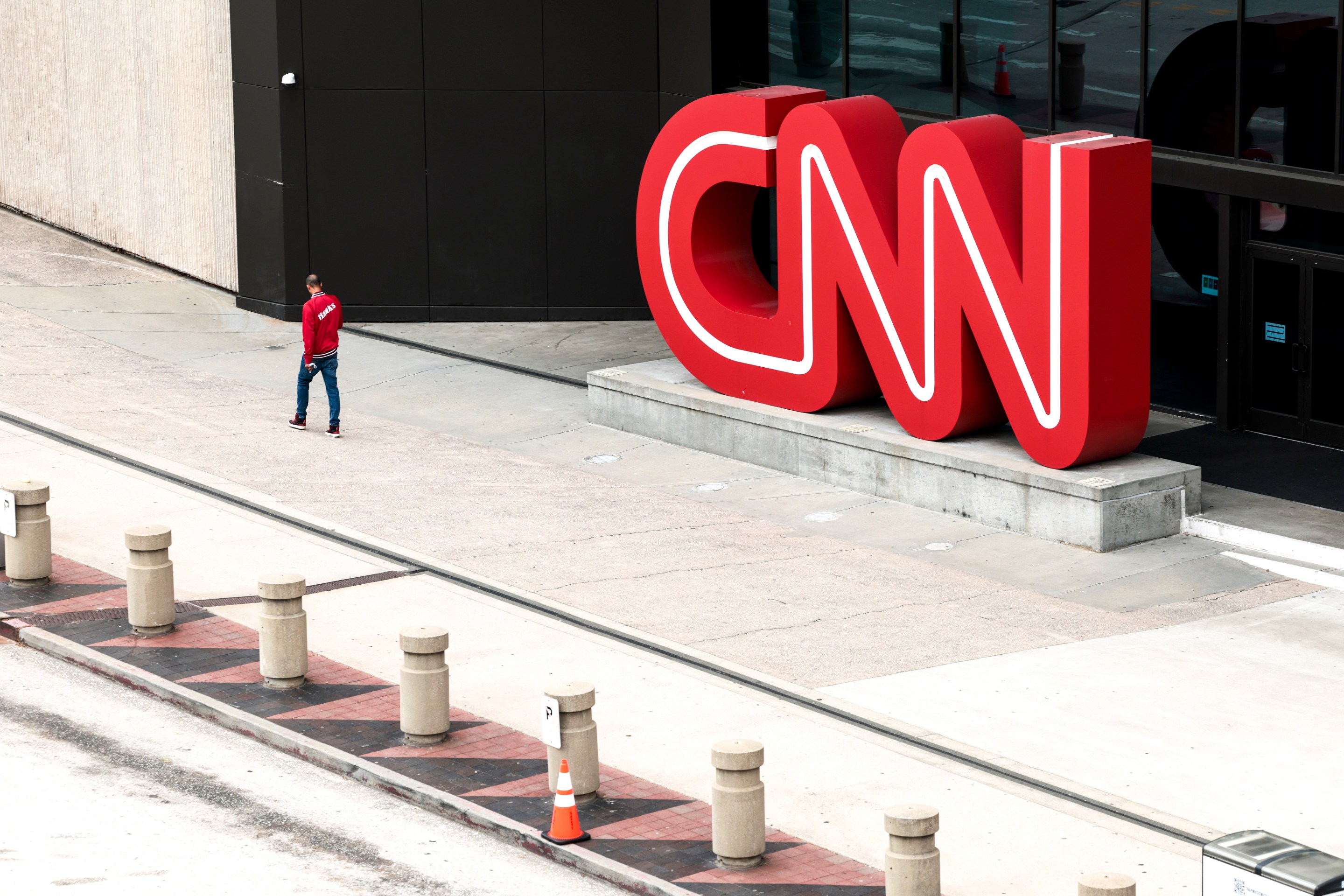On a scale of one to Quibi, the $1.75 billion streaming service that was shut down in a humiliating fashion just six months after it launched because few people wanted to watch it and even fewer people wanted to pay to watch it, CNN+ is hovering around an eight.
Two weeks into its launch, CNN+ is reportedly struggling to gain traction and CNN executives are already starting to doubt its viability. CNBC reported yesterday that fewer than 10,000 people are watching CNN+ on a daily basis, compared to the 773,000 daily viewers for CNN's cable network channel. Axios reported that the company is expected to cut hundreds of millions of dollars in planned CNN+ investment. It cited sources who said that CNN has already spent around $300 million on CNN+, including a "sizable marketing investment," and initially planned to spend around a billion dollars over the next four years, based in part on projections from CNN execs and McKinsey consultants, who thought the streaming service would bring in two million subscribers in the in the U.S. in the first year. CNN has not yet said how many CNN+ subscribers there are, but if fewer than 10,000 people are watching on a daily basis, it follows that the subscriber numbers can't be very encouraging. (A spokesperson for CNN told CNBC that "we continue to be happy with the launch and its progress after only two weeks.")
While the similarities between CNN+ and Quibi have been apparent for some time (massive budgets, big-name talent, questionable audience existence), the latest reports suggests CNN+ could also be similarly doomed. It took Quibi two months to cut costs, by implementing 10 percent pay cuts for executives; per Axios, CNN execs are talking about making drastic cuts in investment after only two weeks. And while Quibi had at least something of a built-in excuse for its dud of a launch, considering it went live in the early phase of the pandemic, CNN+ can't say the same.
CNN+ promises to tell "the stories of our world, anytime you want" which sounds great until you understand that breaking news stories are not included. CNN+ contractually cannot stream its linear broadcasts, meaning if something is going on the world, you'd be better off finding a TV. While CNN+ does cover some breaking news, there's no live feed of programming keeping viewers up-to-date on whatever is going on, which is the one thing that makes CNN useful. CNN+ consists of various TV shows and documentaries but it brands itself as a news source, with shows hosted by journalists including former Fox News vice principal Chris Wallace, who has a show called Who's Talking To Chris Wallace (tonight actress and author Joan Collins will be talking to him—tune in at 6:00 p.m.). There's also Kasie Hunt, who was poached from NBC to host The Source (in a show last week, she interviewed political reporters Josh Dawsey of the Washington Post and Jonathan Swan of Axios about their interviews with Donald Trump and Mitch McConnell, respectively—not exactly revelational). And then there's current CNN star Jake Tapper's book club show, the Twitter account for which has posted nine tweets and has 438 followers—what was that about a sizable marketing budget?
This is not to say that these shows and others can't gain something of an audience, but as was the question with Quibi: Who will pay for this? Wheras Quibi was at least trying to do something new with its thousands of "quick bite" entertainment videos, CNN+ appears to be remaking itself as CNN, but less essential. Who exactly did they think was clamoring for more Jake Tapper?






